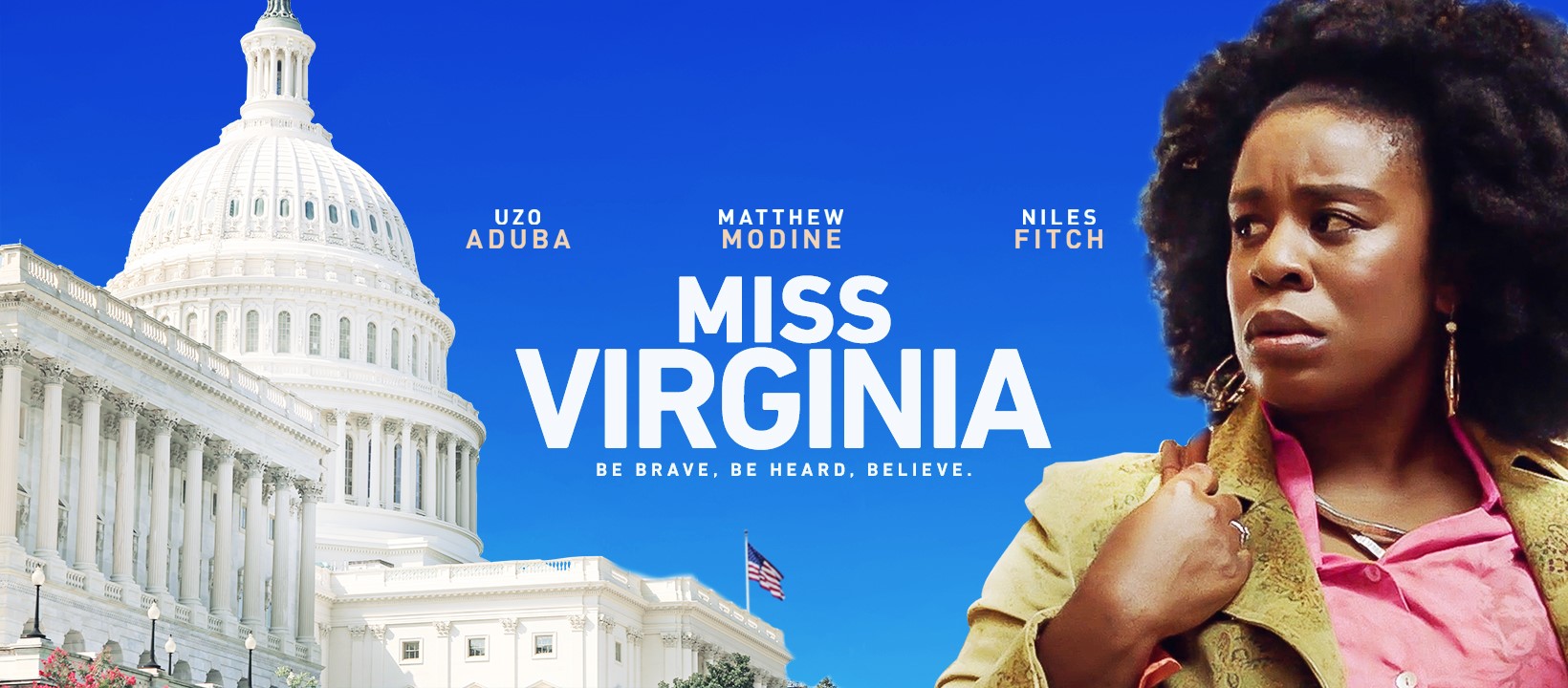In light of recent events regarding the Black Lives Matter movement, video streaming services such as Netflix, Hulu, and Amazon Prime have created a film and television series collection to honor and promote Black actors and actresses in Black-centered films. This issue’s review features R.J. Daniel Hanna’s film, Miss Virginia, which is an extremely relevant film detailing the horrors of systemic racism in public schools in Washington.
Miss Virginia is a 2019 film based on real events. It tells the story of Miss Virginia Walden Ford, a woman living in the inner-city neighborhoods of Washington, who is desperate to provide her teenage son with quality education. The film provides meaningful, accurate, and poignant insight into the daily life of inner-city poverty, politics, and education. EMMY award recipient Uzo Adoba stars as Virginia Walden Ford, the single mother of James Walden Ford, a susceptible and easily manipulated fifteen-year old kid mixed in with the street life. Uzo Adoba, in her uniquely eccentric expression, plays the role of an eager and persevering mother who is at the front line of a pioneering battle to reform Washington’s oppressive and segregated public school system. The film explores the themes of anger, frustration and disillusionment regarding the socioeconomic disparity between Caucasians and people of color.
The cinematography and portrayal of characters is impeccable. Each scene is shot with precision and accuracy, acclimating to the constantly changing settings, going from Miss Virginia’s living room, to Congress, to dark side street corners and densely packed apartments. The opening scene provides the audience with an image of Miss Ford going through metal detectors to enter what the audience may perceive as an entrance to a jail and/or a criminal detention center. Shortly thereafter, Miss Ford is seen in a principal’s office, implicitly unveiling the veracity of the school-to-prison pipeline, a term coined to explain that the American public school system is designed to facilitate the mass incarceration of young African American and Latino individuals. This scene provides juxtaposition to the environment of Harriet Jacobs Academy, a wealthy elite private school. This is the ideal institution that captures Miss Ford’s attention. Ford is stunned by the commodities and the quality education that this school offers. This drives her to carry out an unrelenting mission that begins by enrolling her son at the private school after working long hours as a janitor for local government representative Lorraine Townsend. Ford looks up to Townsend, for she promised reform for underprivileged students.
The movie begins to see an upward escalation after Ford picks up a book from Townsend’s trash basket written by a White American retired politician that exposes the severe lack of funding children of color receive. This propels the plot forward, for Miss Virginia educates herself and rallies a group of parents that storm Capitol Hill, constantly contacting senators and representatives and attending town hall meetings. Like all great inspiring stories, there are setbacks to be overcome. Many times, Miss Virginia has been targeted and threatened by drug dealers who sought to thwart her efforts to send young children of color to better and safer schools. Nevertheless, after hard work, sleepless nights, and days of near-defeat, Miss Virginia and several members of the neighborhood soldiered on to pass a federal scholarship fund for children of color as well as legislation that allocates more funds to the public sector.
When watching this film, viewers will watch real people with real issues provide an inside, up close, and personal scope of the lingering shackles of systemic racism. Don’t forget to sit up front, and bring a family member with you to watch this riveting film.














